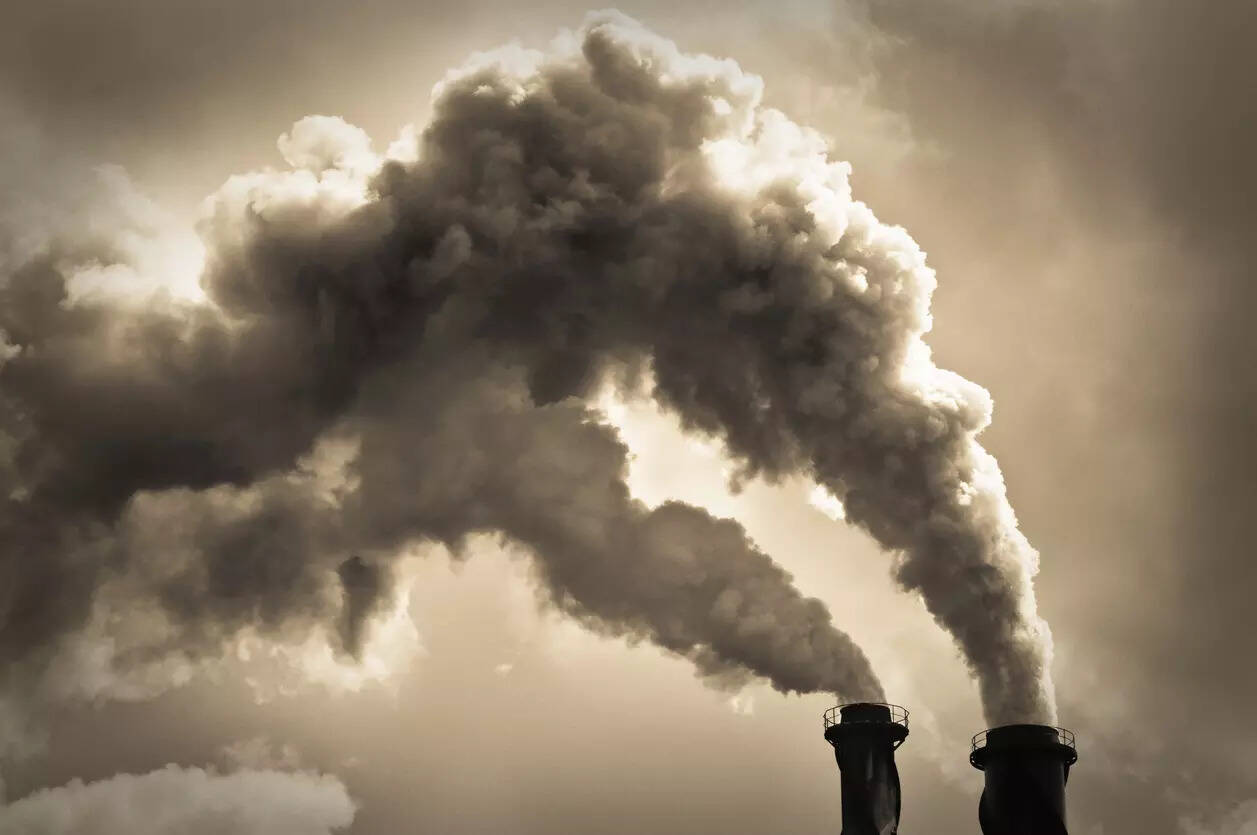
Every one of India’s 1.4 billion people is breathing air dirtier than what the World Health Organization (WHO) considers safe. A new report by the Energy Policy Institute at the University of Chicago (EPIC) paints a stark picture: even those living in India’s cleanest regions could live almost 10 months longer if air quality matched global standards.
What the Report Found
The study shows that fine particulate matter (PM2.5) levels in India rose in 2023 compared to 2022. On average, the air Indians breathe is eight times more polluted than the WHO guideline. If India managed to meet this global standard, the average life expectancy would increase by 3.5 years.The WHO’s 2021 air quality guideline sets the annual limit for PM2.5 at 5 micrograms per cubic metre and for PM10 at 15 micrograms. By comparison, India’s own standards allow much higher levels, 40 micrograms for PM2.5 and 60 for PM10.
Shockingly, nearly 46% of India’s population lives in areas where even these looser Indian standards are being breached.
Regional Impact
The report highlights that people living in the Northern Plains, home to almost 39% of India’s population, suffer the most. If air quality met the WHO guideline, residents there could live five years longer on average.
In Delhi, India’s capital and one of the world’s most polluted cities, the benefits would be even greater: cleaner air could add 8.2 years to life expectancy.
Other states facing heavy health burdens include Rajasthan, Madhya Pradesh, and Maharashtra, where life expectancy could rise by over three years if pollution was cut to safe levels.
Government Action
India launched the National Clean Air Programme (NCAP) in 2019, aiming to reduce particulate pollution by 20–30% by 2024 compared to 2017 levels. This goal was later revised to a 40% cut by 2026, across 131 cities that consistently fail to meet air quality standards.
Progress has been made, but slowly. As of 2023, pollution levels in these cities had dropped by 10.7%, giving 445 million people about six extra months of life expectancy compared to 2017.
Why It Matters
Air pollution is not just about smoggy skies or coughing fits, it shortens lives. Cleaner air could add years to people’s lives, reduce the burden of disease, and improve overall quality of life.
The report is a reminder that improving air quality is not only a health issue but also a moral one. With ambitious targets already set, the challenge now lies in strong enforcement, innovation, and collective effort.
Cleaner skies in India would not just mean clearer views of the Himalayas, it would mean longer, healthier lives for millions of people.
Inputs from PTI